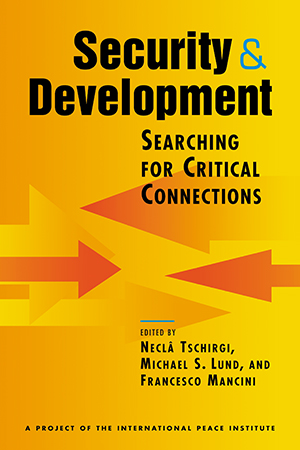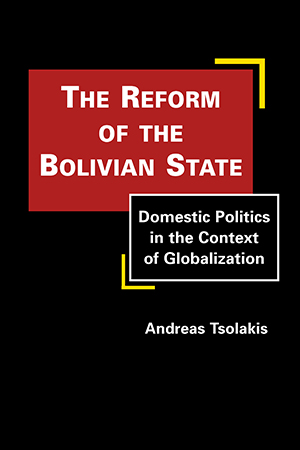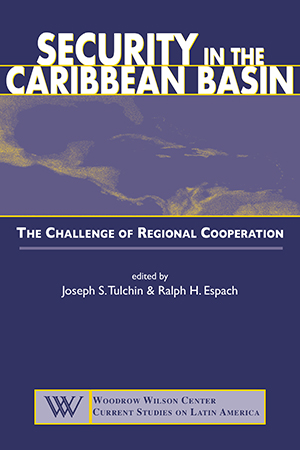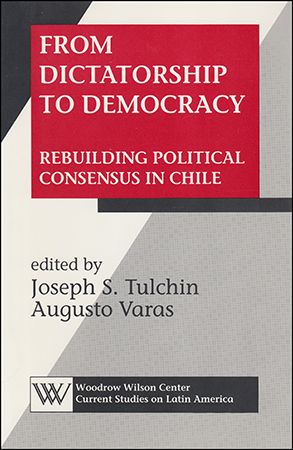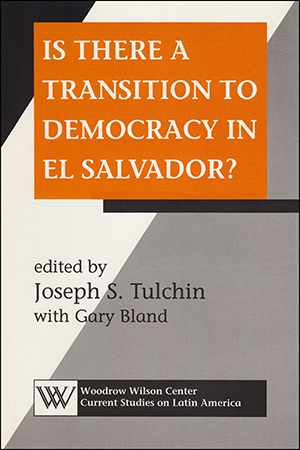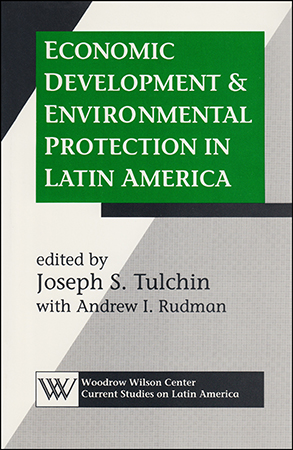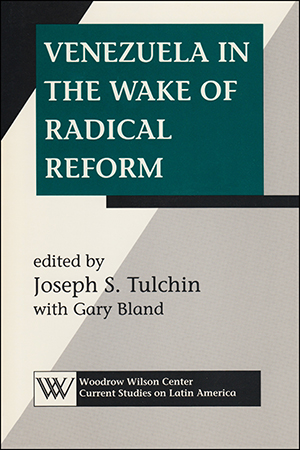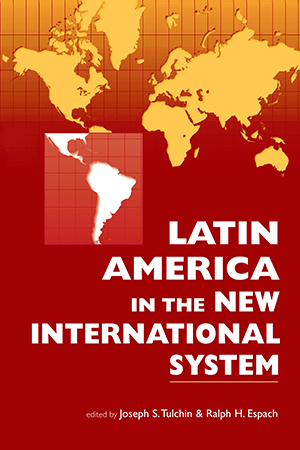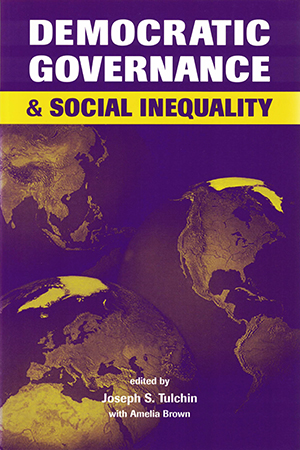BOOKS
Although policymakers and practitioners alike have enthusiastically embraced the idea that security and development are interdependent, the precise nature and implications of the dynamic More >
In 2005, two decades after President Victor Paz Estenssoro's New Economic Policy heralded the beginning of a profound transformation for Bolivia, violence had become endemic in the More >
The Nuclear Debate explains public opposition to the nation's traditional nuclear weapons policies, clarifies the principal moral and political questions that underlie the debate, and More >
Since the end of the Cold War, the security environment of the Caribbean Basin has dramatically changed from the containment of communism to a series of transnational threats—drug More >
Representing one of the first efforts to evaluate the transition to democracy in Chile, this book is the fruit of a meeting of key participants in the extraordinary effort at political More >
This timely book explores to what degree democracy has taken root in El Salvador, and to what extent the country can strengthen democratic, civilian-controlled government institutions. The More >
This collection of original pieces addresses the need to reconcile economic growth and environmental protection in Latin America. The contributors—among them scholars, government More >
Venezuela, Latin America's second-oldest democracy, today faces its greatest challenge. Recovering from the attempted military coup of February 1992 and seeking resolution of a severe More >
Placing Latin America in the context of debates on economic globalization and the dramatically changing nature of the international system, this volume offers the perspectives of scholars More >
This controversial book examines the challenges that social inequities present to democratic governance. The authors argue that issues of poverty and inequality—far from More >



